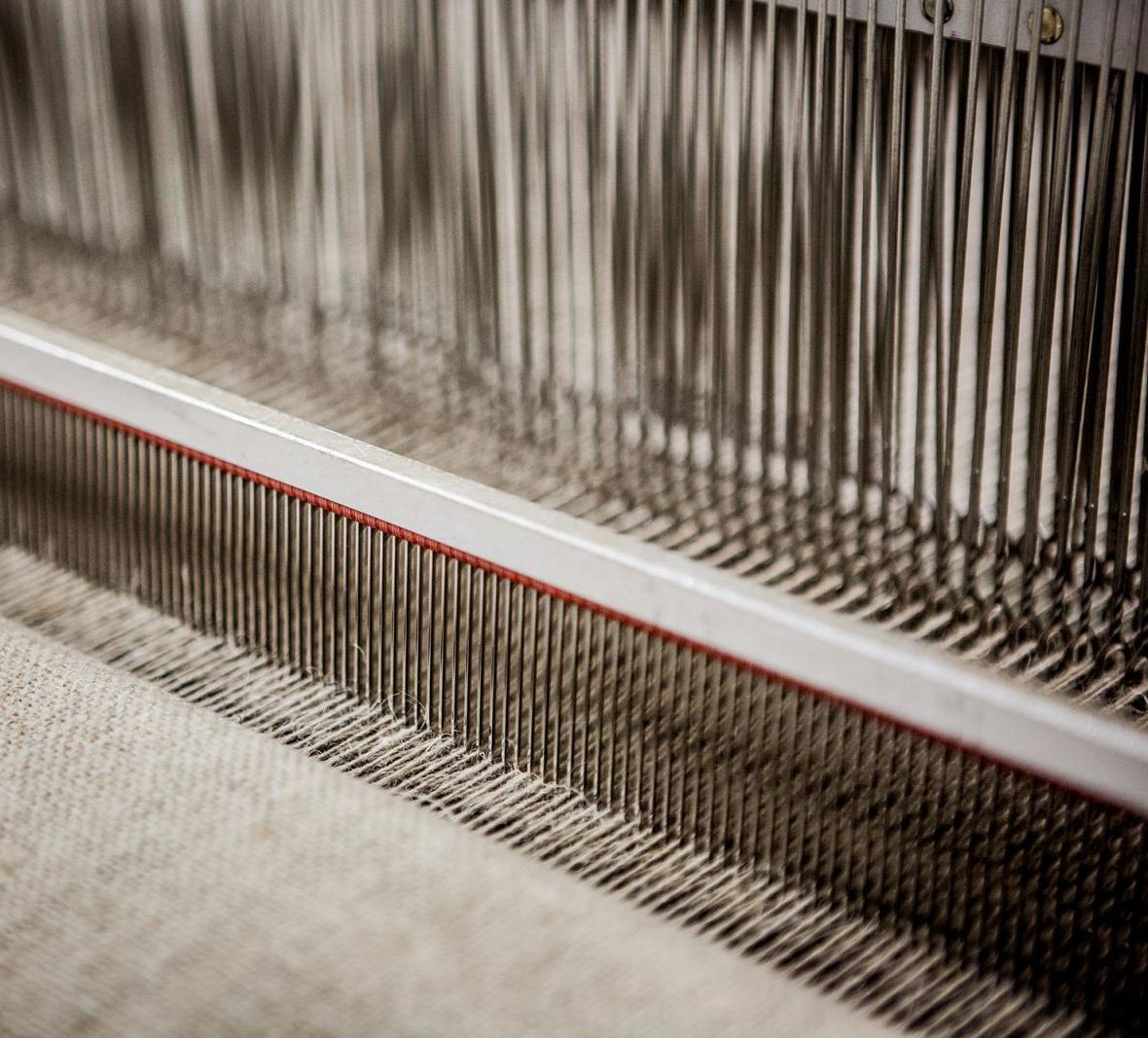99.7% traceability
WE KNOW THE ORIGIN OF ALL MATERIALS
TheThe journey from our raw to finished product is just a short trip compared to the standard clothing industry. Most of the fashion pieces and fabrics have travelled from all over the world for more than 20.000 km by sea, the transportation method used by 80% of the fashion industry. 83% of the raw material and production stages takes place within a 2200 kilometers radius from the manufacturing site in Spain.
We need to be informed to start making better decisions.Every piece makes an impact and has a cost to the planet. We have split up every product into its raw components and traced the material and the manufacturing. Knowing the origin ensures information is available to evaluate the environmental footprint and social conditions of sourced materials.
We always select based on closeness instead of the price. That is why our French organic linen is our essential fabric. We also have other ancestral materials available such as grown color organic cotton, corozo that can only be found in certain climates around the world. Our spinning and mill factories are based in Spain and Turkey.
When you check out any items in our product page, we tell you exactly which of these makers were engaged in bringing to life that specific product.


ORIGIN MATTERS
Waste and water management and the water footprint of raw material origin countries are both important factors to consider when it comes to the environmental impact. Usually, although we acquire products made in Europe, most of the materials come from Asian countries whose legislation is very lax in terms of waste dumping which is producing a huge damage in the water, wildlife and health workers. That is one of the reasons traceability is the key for a sustainable product, keeping control over the quality of the material and country of manufacture. Another reason is sometimes fiber selection is not a crucial factor in the total environmental impact of a garment, variations between regions and sites could be larger than the use of one or another fiber. That is why we provide water footprint information based on the real origin of the raw material, as usually this factor is not taken into account or just based on averages which we are not so friends with.
TRULY HONEST
We want to be honest, so we talk about those materials and processes that we have to improve in terms of sustainability and give a clear explanation why we still have not reached a suitable solution. We find that some suppliers are reluctant to give us the whole composition and origin, but this encourages us to keep pushing to demand more transparency in the industry. We think being extremely transparent and demanding in what we publish just can be an advantage to encourage ourselves to improve our product.
BE MINDFUL ABOUT THE ENVIRONMENTAL IMPACT THAT YOUR PURCHASES HAVE.
ASK QUESTIONS AND DO YOUR RESEARCH INTO THE PRODUCTION PRACTICES AND MATERIALS OF THE BRANDS YOU SUPPORT.

